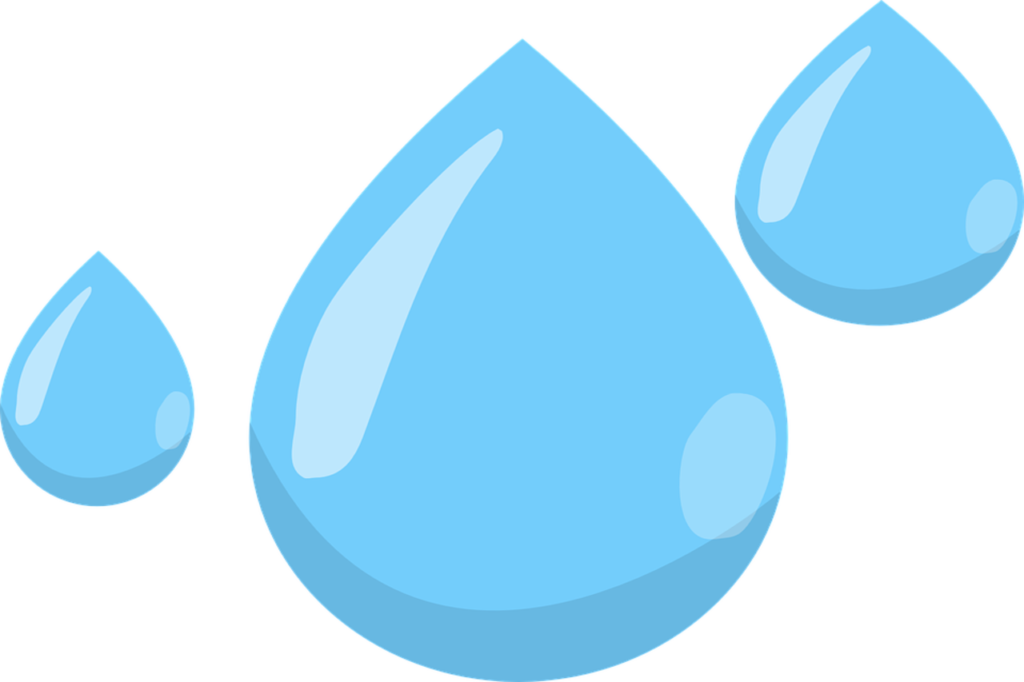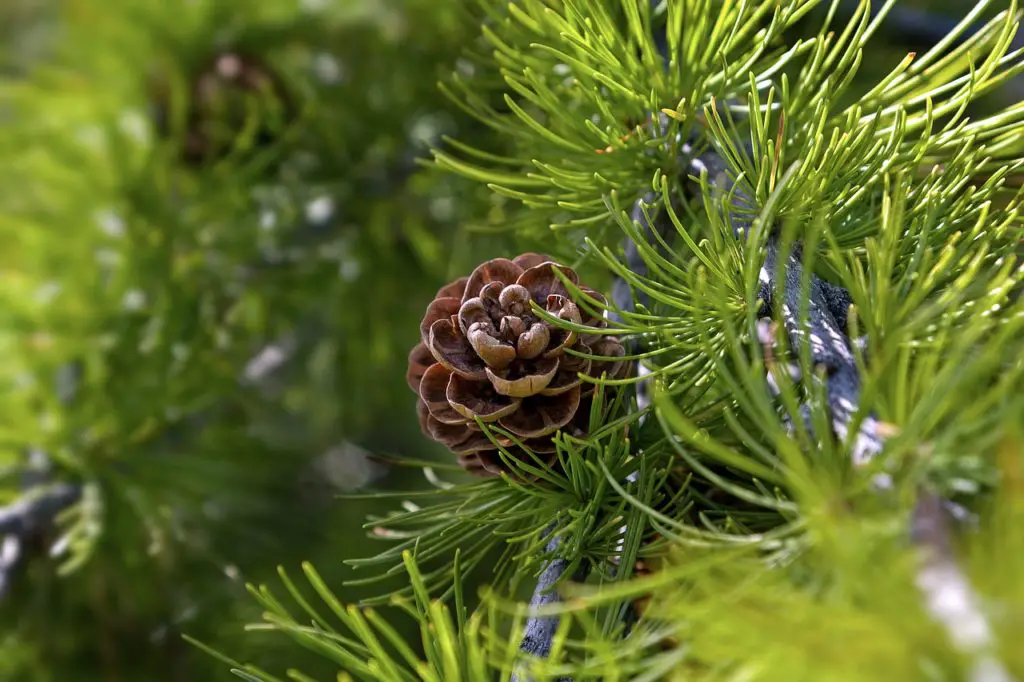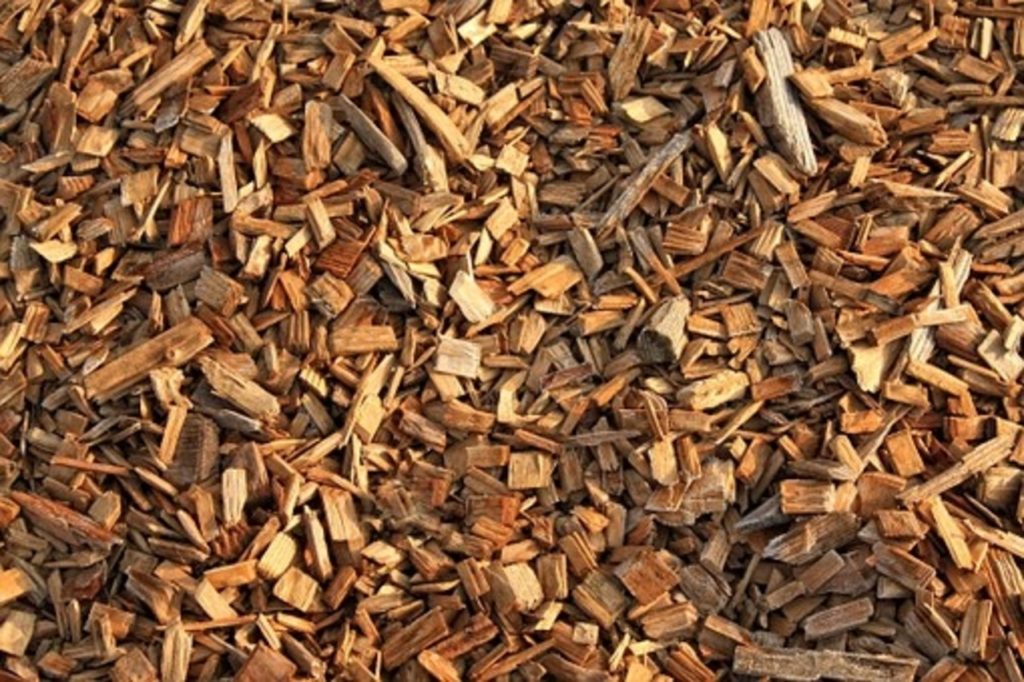The arrival of rubber mulch to the market changes how people think about landscaping and gardening. Consequently, there’s a division between those who find it helpful and those who don’t.
While every side gives reasons for its effects, one thing is worth discussing- does rubber mulch hold moisture?
Rubber mulch doesn’t absorb or wick, but it allows water to pass to the soil. However, mulches like pine, wood chips, and shredded hard bark are the best mulch for holding moisture. When it rains, these mulches soak in a lot of water and retain the moisture once wet.
So, is it good or bad if rubber mulch holds moisture? Keep reading to see if it meets your needs before grabbing that bag of wood mulch.
ALso Check: How Long Does Rubber Edging Last?
Does Rubber Mulch Hold Moisture
Rubber mulch hinders evaporation and also prevents overheating of soil. With rubber mulch, moisture from rain or irrigation passes through and gets into the ground beneath. Furthermore, it’s non-porous unable to hold moisture and wick moisture from the soil.
Usually, holidays and family time should not find you to be busy in the garden or landscaping. But, for many people, it’s a ritual to manicure their lawns during spring and summer up to a rival point against professional stadiums.
Besides, research showed that most households use a lot of water, approximately 320 gallons daily. Plus, 30% of that is just for watering the lawns. Troubling enough?
If you aren’t sure about using rubber mulch, keep reading.
Conversely, rubber mulch doesn’t rot, matt, and is permeable without water shedding. Also, rubber retains moisture in the soil.
For instance, if there’s a load of soaking wet rubber mulch left on a concrete pad in the hot sun, don’t expect the material to dry out. Instead, the water stays trapped in the rubber since it’s an insulator. And, you’ll find that the top is warm while the middle is cool, so the water doesn’t run out.
This is why rubber mulch is a perfect weed barrier. The rubber remains dry, making the weed seed dehydrate before it gets to the soil. It’s plain simple!
What Kind Of Mulch Holds Moisture Best?
Organic mulches are the best to use any time of the year, especially during the growing season, because of their best ability to hold moisture. This is any material comprising decayed or decaying plant matter—for instance, compost, straw, bark chipping, grass clippings, and leafmold.
Undeniably, one underrated and straightforward technique helps save time for watering- Mulching!
Mulching is an effective practice to use in your garden or lawn. Mulches shade the soil to conserve moisture and watering time by two-thirds. Moreover, covered soil results in fewer weeds that otherwise contest for that valuable moisture and space. Besides, mulches slow run-off when there’s heavy rain.
Then, after breaking down, mulches improve soil structure and the ability to retain moisture for an extended period. This is impressive stuff!
So, what kind of mulch holds moisture best?
Compost
There’s nothing crumbly and lovely like garden compost, which develops into nutrient-rich mulches for the soil. Compost is easily fused into the ground by soil creatures like worms. It helps significantly if you use it around growing plants after weeding and watering.
Remarkably, you can make your garden compost. But, if you have a large area to mulch, it would be best to buy and have delivered bulk compost bags to your door.
When watering through your compost mulch, ensure you’re thorough in giving the root system a good soaking for healthy growth.
Wood
Bark cuttings or shredded pruning are types of wood mulches. They work best around permanent plants such as bushes and fruits trees. Apply wood mulch about two inches thick but ensure not to cover the trunks and stems to avoid rotting.
Moreover, wood mulch takes time to break down and lasts longer before replacement. Still, thorough and deep watering is necessary for water to reach the soil. However, you don’t need regular watering to prevent overwatering-related problems.
Straw
If slugs are a menace in your garden, straw mulches are not for you. But if otherwise, straw mulches are ideal for layering around grown and larger plants such as squash, strawberries, and tomatoes.
Preferably, it would be best to use locally available straw mulch, for example, wheat straw, sugar cane straw, or pea straw. Remove all the weeds and water your garden thoroughly before spreading your preferred straw mulch.
Spread it nice and thick, like 5cm deep. But since it’s light and loose, you can increase the depth to twice the 5cm. Straw starts to break down quickly, adding nutrients and improving the organic content and structure of the soil.
Ideally, you can also use straw around smaller plants, though avoid swamping them. Wet areas with many slugs don’t need mulching for young plants until they’re a little bigger.
Furthermore, dried grass clippings are an ideal alternative to straw and are readily available. Thanks to the fine texture of grass clippings, they make an excellent organic mulch to spread all over your vegetable garden. Spread as you collect.
What’s more?
During strong wind, you should water your straw or grass mulch after spreading to make it settle and stay in position. When it comes to watering, water aiming the base of plants and make sure you’re very thorough. This way, you allow water to penetrate through the mulch and reach under the soil.
It may be easier to remove the mulch and water and spread it back in other cases.
Most importantly, what you decide to use should be what you can quickly get hold of. What’s type of mulch is readily available in your local area?
Parting Shot
Does rubber mulch hold moisture?
Aside from being popular in playgrounds and landscaping, rubber mulch is also becoming a favorite in gardens. Aside from the fact that rubber mulch doesn’t attract termites, mice, and ants, it offers excellent soil drainage and insulation against extreme temperatures. It also allows the retention of heat and moisture levels in the soil.
The above article also gives mulch options perfect for holding moisture for plants that thrive in such conditions.


